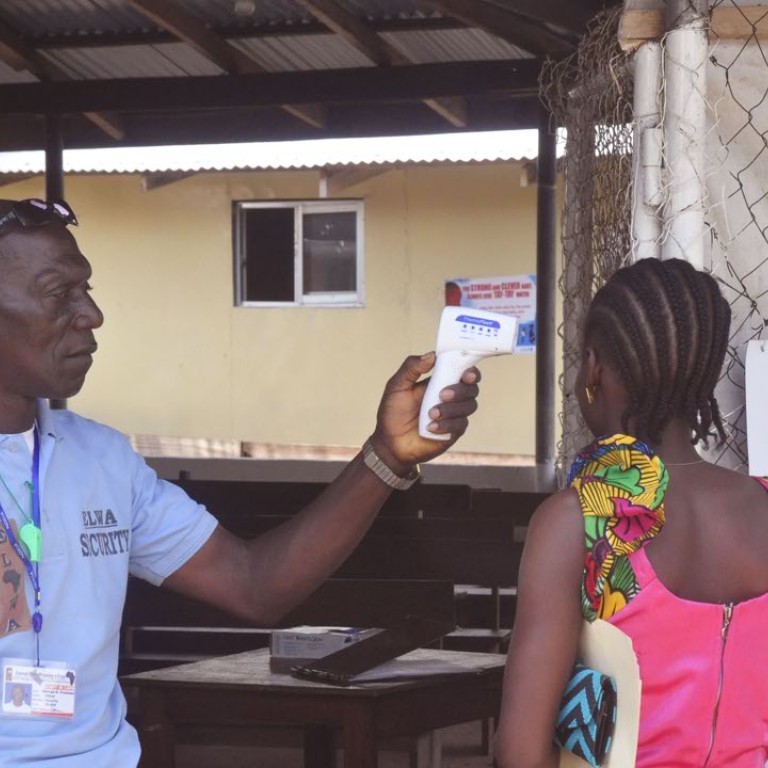
Deadly Ebola virus has returned to Liberia and nobody understands why
Ebola, the virus that killed more than 4,800 people in Liberia since the outbreak began in December 2013, is back after the West African country was twice declared free of the disease. And nobody is sure why.
After a 15-year-old boy recently contracted the virus, his father and brother also tested positive for the disease. Liberian health officials have placed 153 people under surveillance, including 22 nurses and six patients from a hospital in Monrovia, the capital, according to Liberian health authorities.

By last week, 28,634 people had contracted Ebola, and 11,314 had died from confirmed or suspected cases, according to the World Health Organization.
How the latest Ebola case was transmitted to Nathan Groote, the 15-year-old from the Monrovia neighbourhood of Paynesville, remains a mystery.
It’s known that the virus can stay in survivors’ semen, ocular fluid, breast milk and spinal fluid for months after their recovery, according to the Centers for Disease Control and Prevention. And many of the survivors suffer enduring problems, such as joint pain, eye problems, headaches and other chronic health issues. But little is known about why the symptoms persist, the centre says.
“The fight against Ebola is not over yet, but we must not lose hope and must continue the practices we used to beat Ebola before. We can win this battle again with your participation and support of the communities,” the Liberian Health Ministry said in a statement.
Liberia was declared Ebola free in May, only to see a 17-year-old boy and a woman die from the disease in July. In September, the World Health Organisation again declared the country to be Ebola free.
Liberian Health Minister Francis Kateh told journalists that investigations were continuing into how the disease was transmitted. CDC officials will travel to Liberia to help determine the cause, Kateh said.
One issue in recent West African cases has been the failure to monitor people for the full 21-day incubation period after they came in contact with the disease, according to the CDC.
The new outbreak comes as a panel of experts described the global response to the December 2013 Ebola outbreak as slow and ineffective, singling out WHO for pointed criticism in a report released Monday.
A Liberian member of the panel, Mosoka Fallah, of Action Against Hunger, described the global response as “late, feeble and uncoordinated.”
The outbreak led to “immense human suffering, fear and chaos, largely unchecked by high-level political leadership or reliable and rapid institutional responses,” the report said.
“The most egregious failure was by WHO in the delay in sounding the alarm,” said another panel member, Ashish K. Jha, director of the Harvard Global Health Institute, in a statement. “People at WHO were aware that there was an Ebola outbreak that was getting out of control by Spring (of 2014) and yet, it took until August to declare a public health emergency. The cost of the delay was enormous.”
The panel of experts behind the report, which published in The Lancet medical journal, was organised by the Harvard Global Health Institute and London School of Hygiene and Tropical Medicine. The report recommended key reforms to ensure the next outbreak doesn’t get out of hand, including strengthening WHO and making it more accountable, and setting up a more nimble and effective global health committee under the UN Security Council to speed the global response to major health crises.
In a sharp criticism of WHO Director-General Margaret Chan, the report said member states must “insist on a director-general with the character and capacity to challenge even the most powerful governments when necessary to protect public health.”
Panel chairman Peter Piot said there was a need to improve the capacity of countries to detect small outbreaks early, to prevent them turning into major emergencies.

